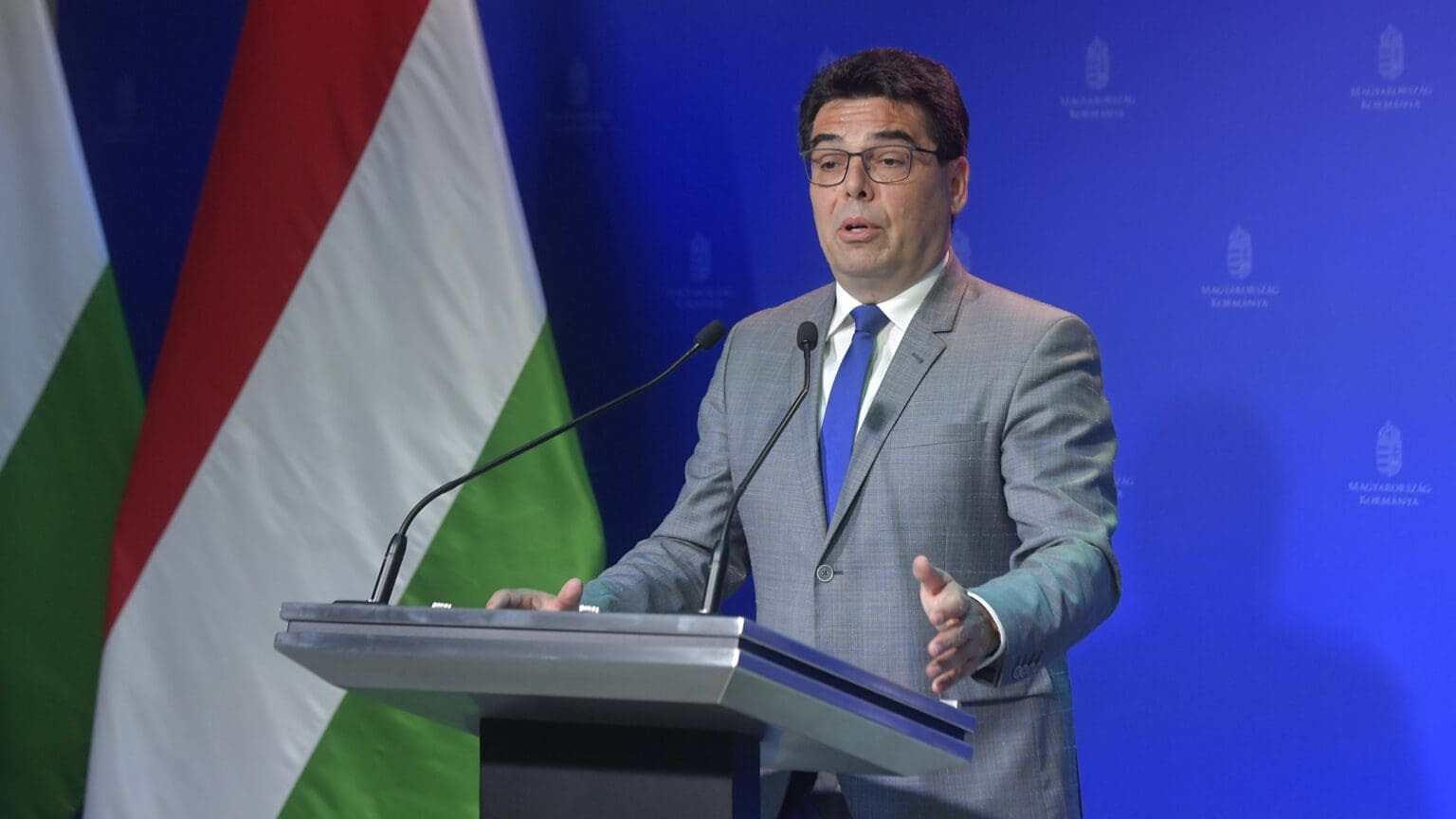
Barna Pál Zsigmond went on Hungarian public media to talk about Hungary’s upcoming presidency of the Council of the European Union. He named restoring Europe’s economic competitiveness and advancing the Western Balkan nations towards EU accession as the administration’s two major agenda points for the six-month presidency.

The Gloster Group announced on Wednesday that it won BMW’s €15 million industrial software development contract through a multi-round international tender.

The 35-year-old suspect, apprehended in Vértesszőlős, Hungary never physically handled the drugs, he only acted as a middleman on the dark web, making a profit from a turnover of around 100 million HUF (€250,000), which he used for buying property.
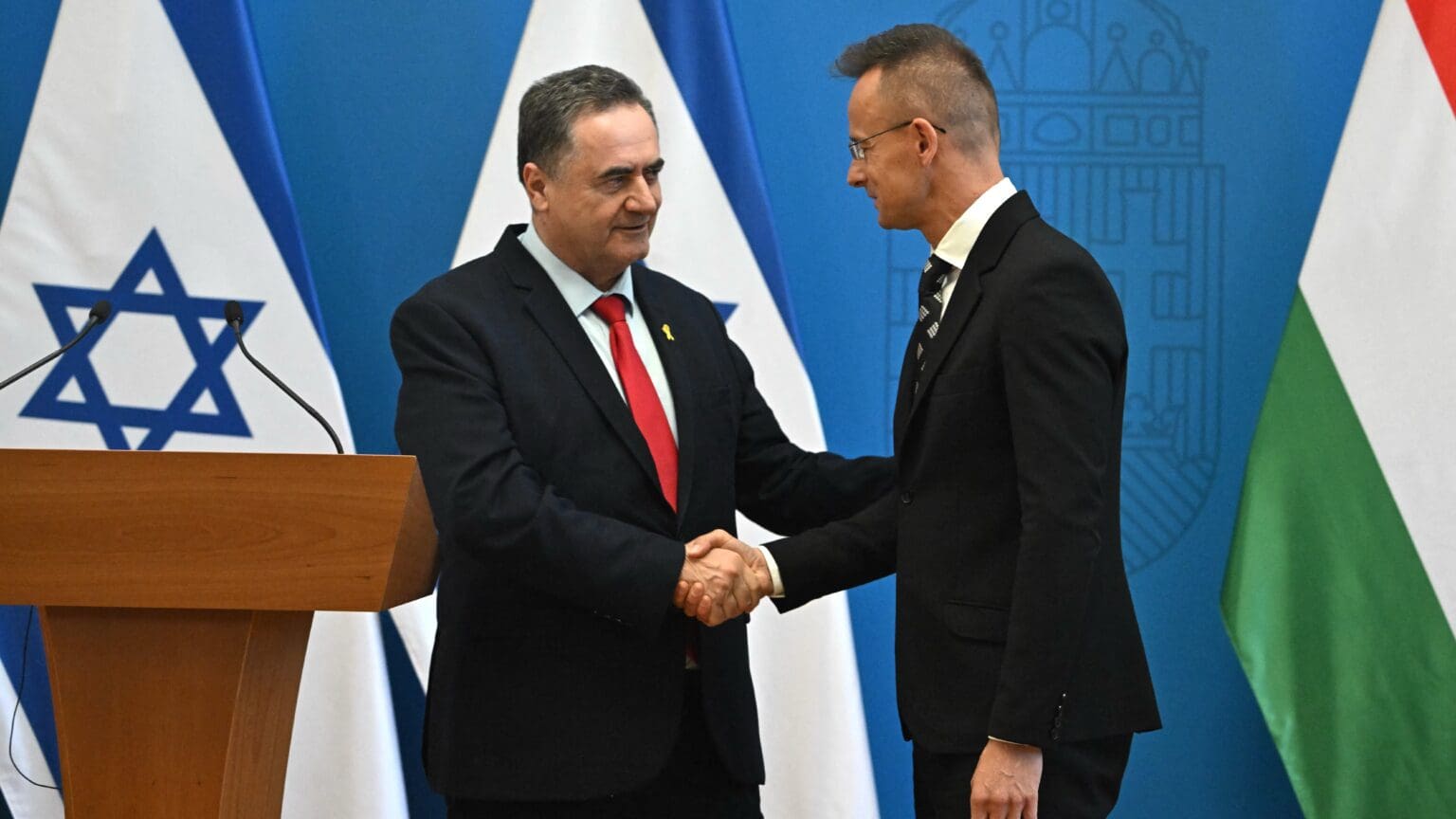
Minister of Foreign Affairs of the State of Israel Israel Katz visited Hungary recently for the first time since he took up office. He met with President of Hungary Tamás Sulyok, Minister of Foreign Affairs and Trade Péter Szijjártó, and the leaders of the Hungarian Jewish communities. The main aim of the visit was to determine, with Hungary soon taking over the presidency of the EU, how Budapest and the Union would take action against anti-Israel efforts in the next six months.
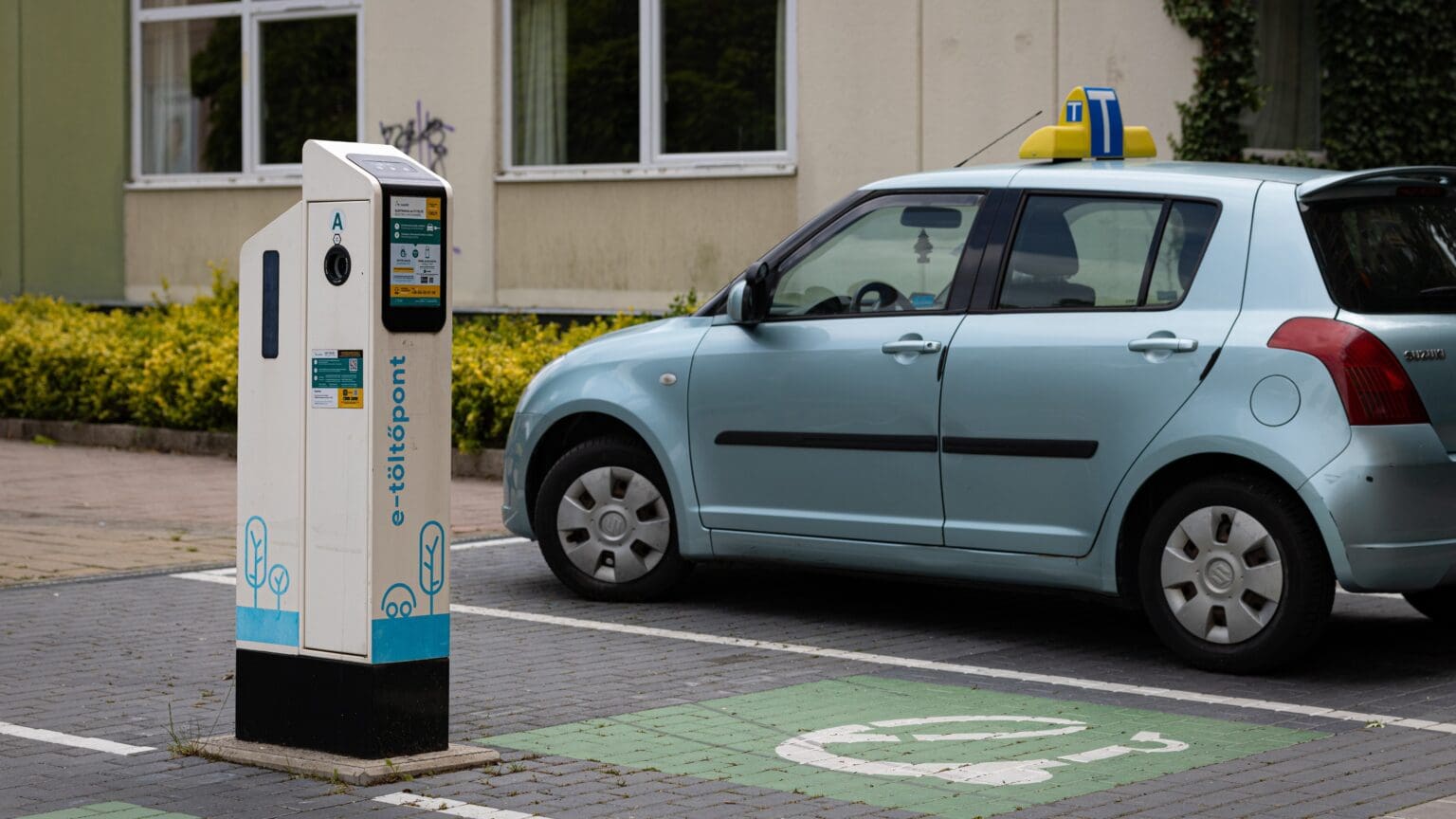
Examining the performance of the first five months of 2024, Hungary also ranks among the top in the spread of clean and quiet vehicles. From January to May, nearly one and a half times more purely electric cars were registered in Hungary compared to the same period last year.
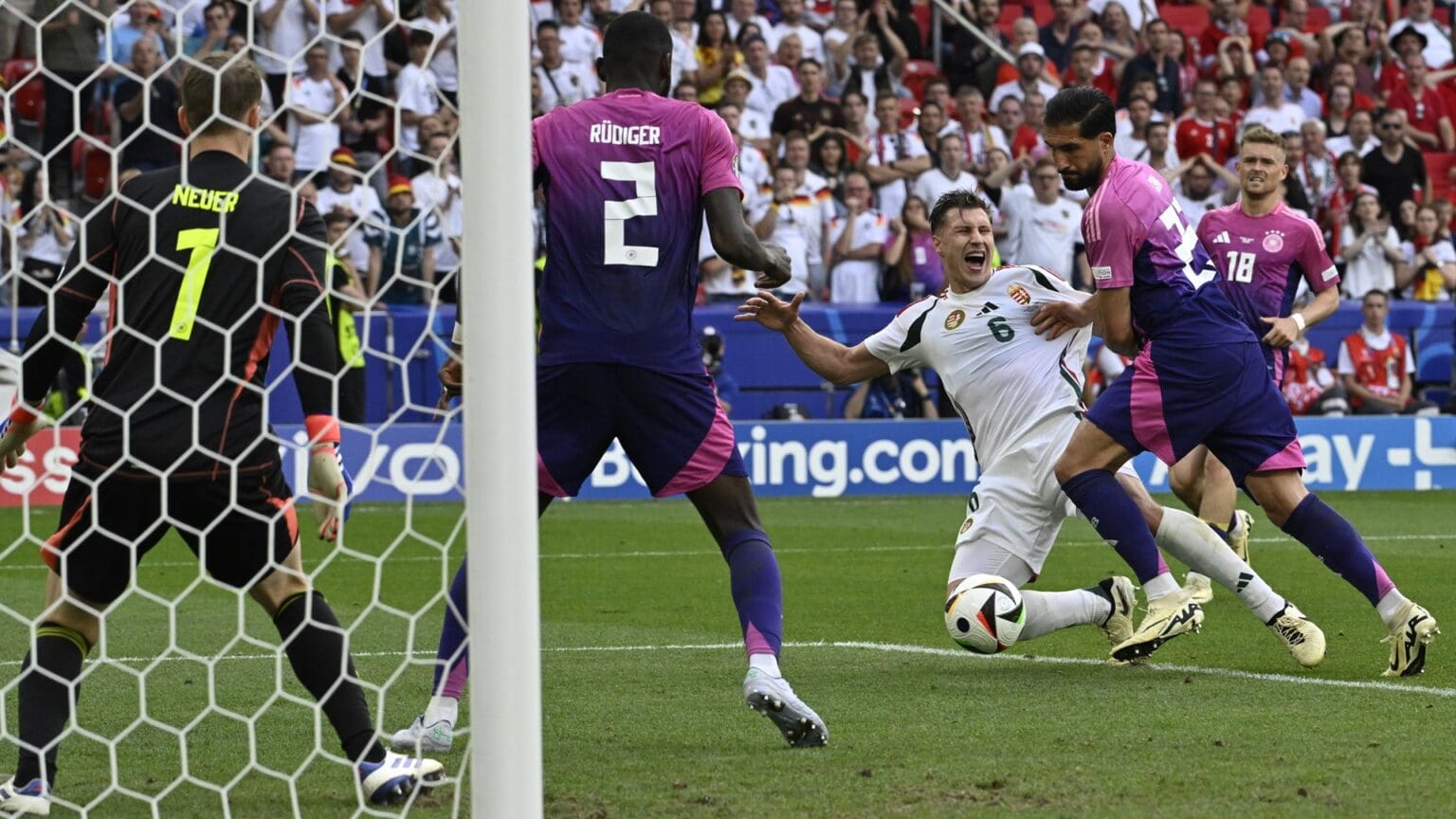
After a 3–1 loss to Switzerland and a 2–0 loss to Germany, Hungary sits pointless at the bottom of Group A at Euro 2024. However, they can still advance to the Round of 16, if they manage to beat Scotland by multiple goals on Sunday.

The famous Hungarian ice cream and gelato chef, winner of the Gelato Festival 2024, runs the Fazekas cake shop in the 16th district of Budapest. He was placed #2 in the same ranking in 2022.
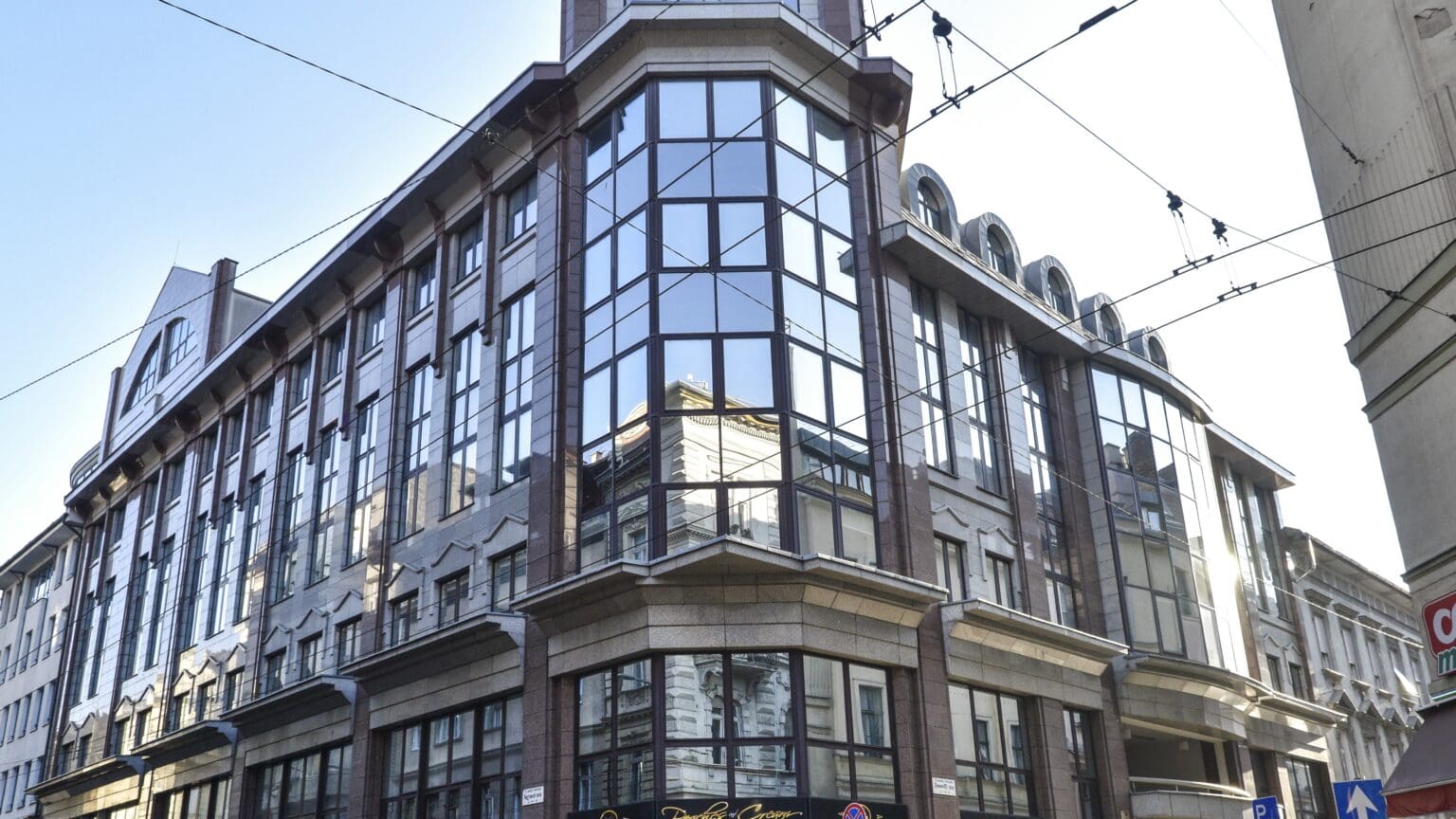
Fitch Ratings confirmed Eximbank’s investment-grade rating. The bank’s senior unsecured bonds also received a ‘BBB’ rating. The bank’s international rating matches Hungary’s sovereign rating due to EXIM’s statutory full faith and credit guarantee provided by the Hungarian state, as noted by the agency.
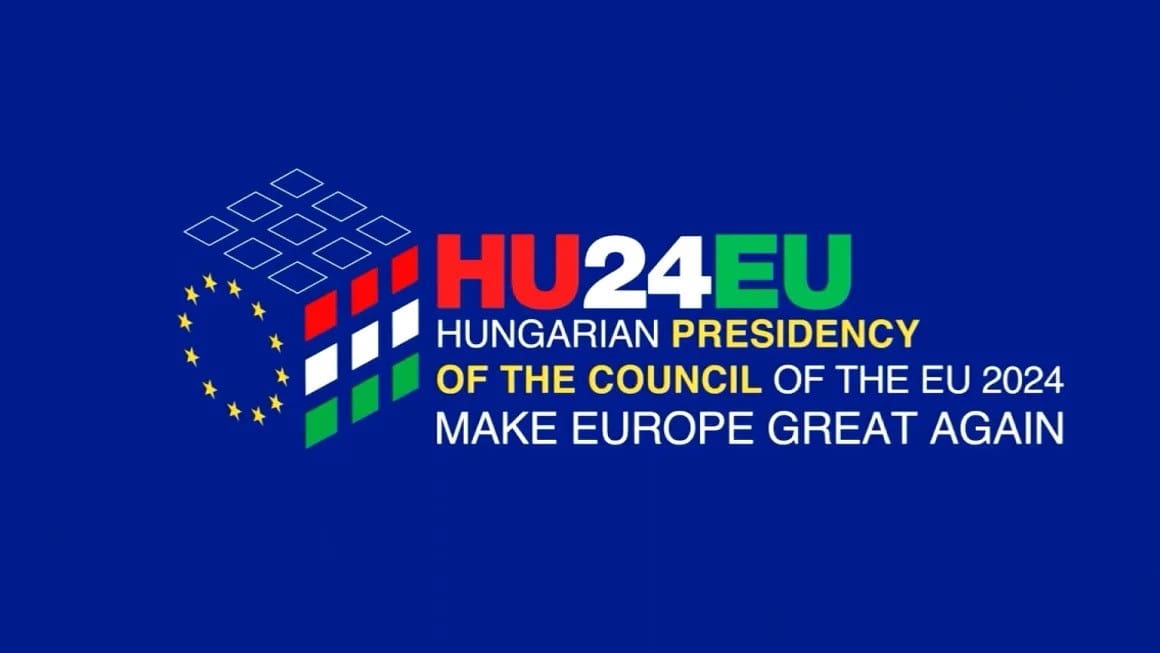
According to the graphic shared by the Prime Minister’s political director Balázs Orbán, Hungary’s slogan will be ‘Make Europe Great Again,’ or ‘MEGA’ for short, for the upcoming presidency of the Council of the European Union. This is an obvious allusion to US President Donald Trump’s campaign slogan ‘Make America Great Again,’ which he is using for his presidential campaign as well.

Nándor Németh excelled in the second heat of the 100m freestyle with an impressive time of 48.05 seconds. Németh’s performance was only surpassed by Romanian star David Popovici, positioning Németh third, and Olympic champion Kristóf Milák fourth.
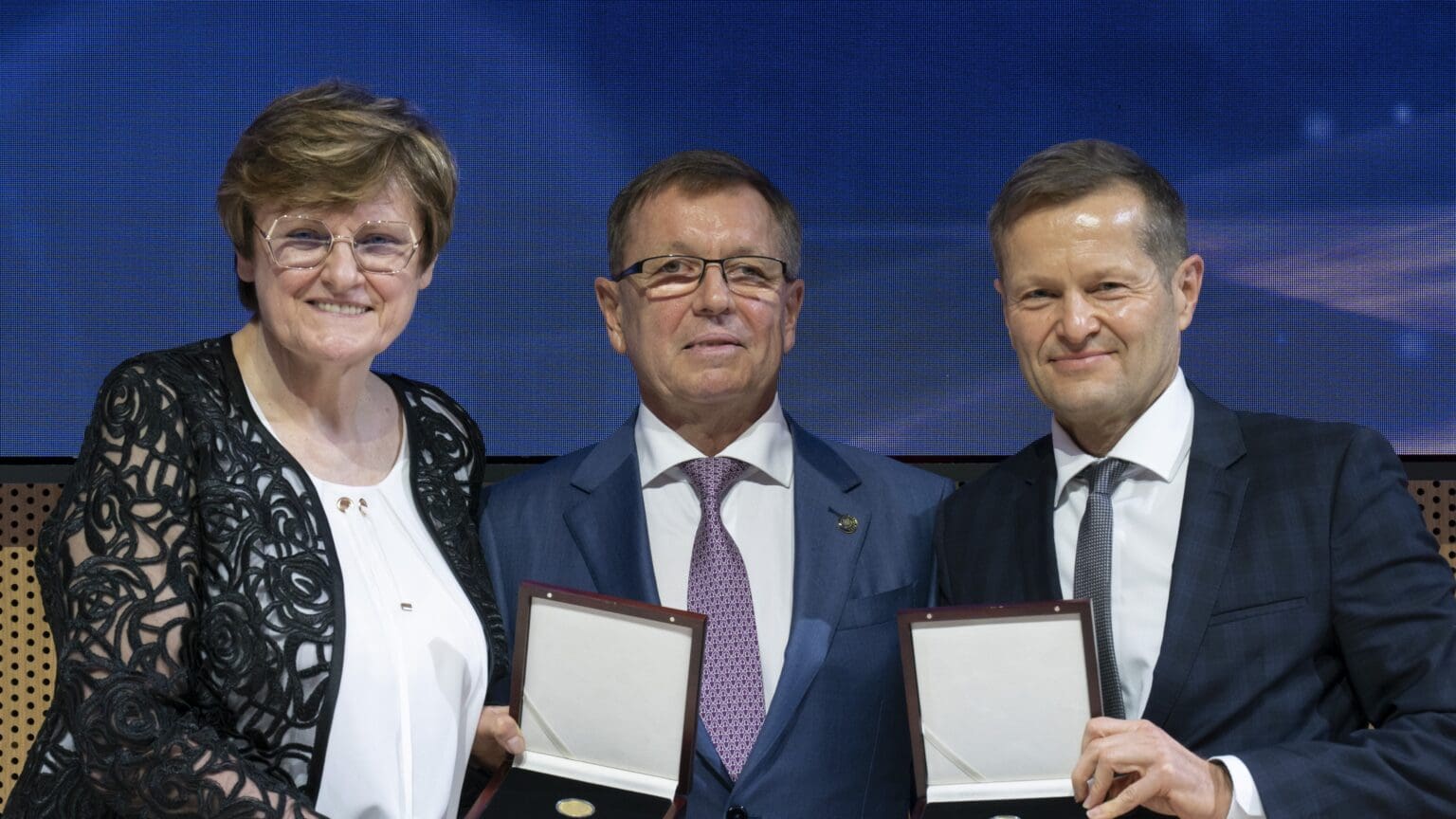
In tribute to the two Hungarian Nobel laureates, biochemist Katalin Karikó and physicist Ferenc Krausz, the Hungarian National Bank (MNB) released silver coins with a face value of 7,500 forints and base metal coins with a face value of 3,000 forints as part of their series honouring Nobel laureates of Hungarian descent.
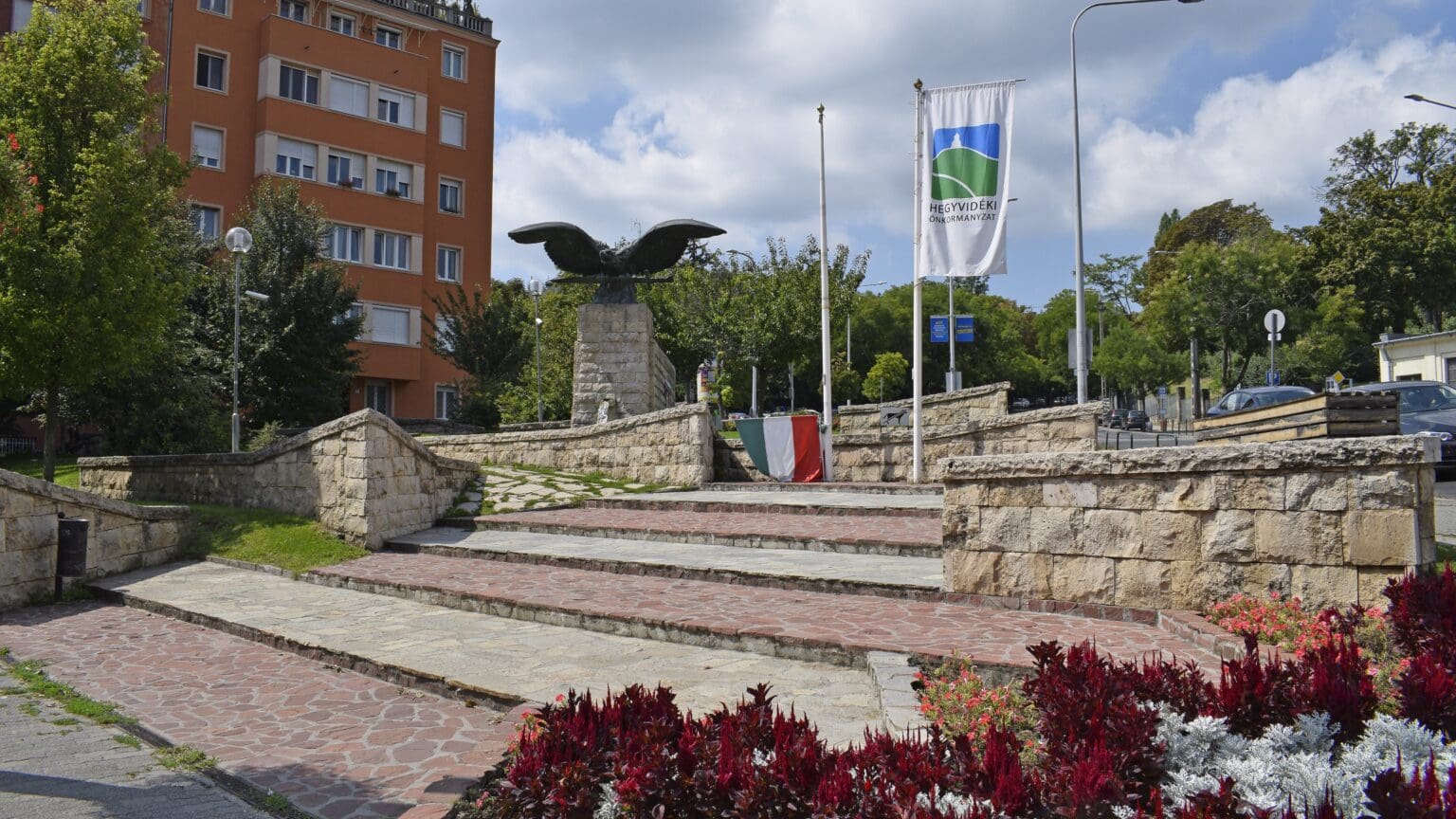
Gergely Kovács, the newly elected Budapest 12th district mayor of the Two-Tailed Dog Party, has vowed to remove the statue of the mythical turul bird located in the vicinity of the mayor’s office. He cited the monument’s connection to Nazism as his reason—however, not many other people see that connection.
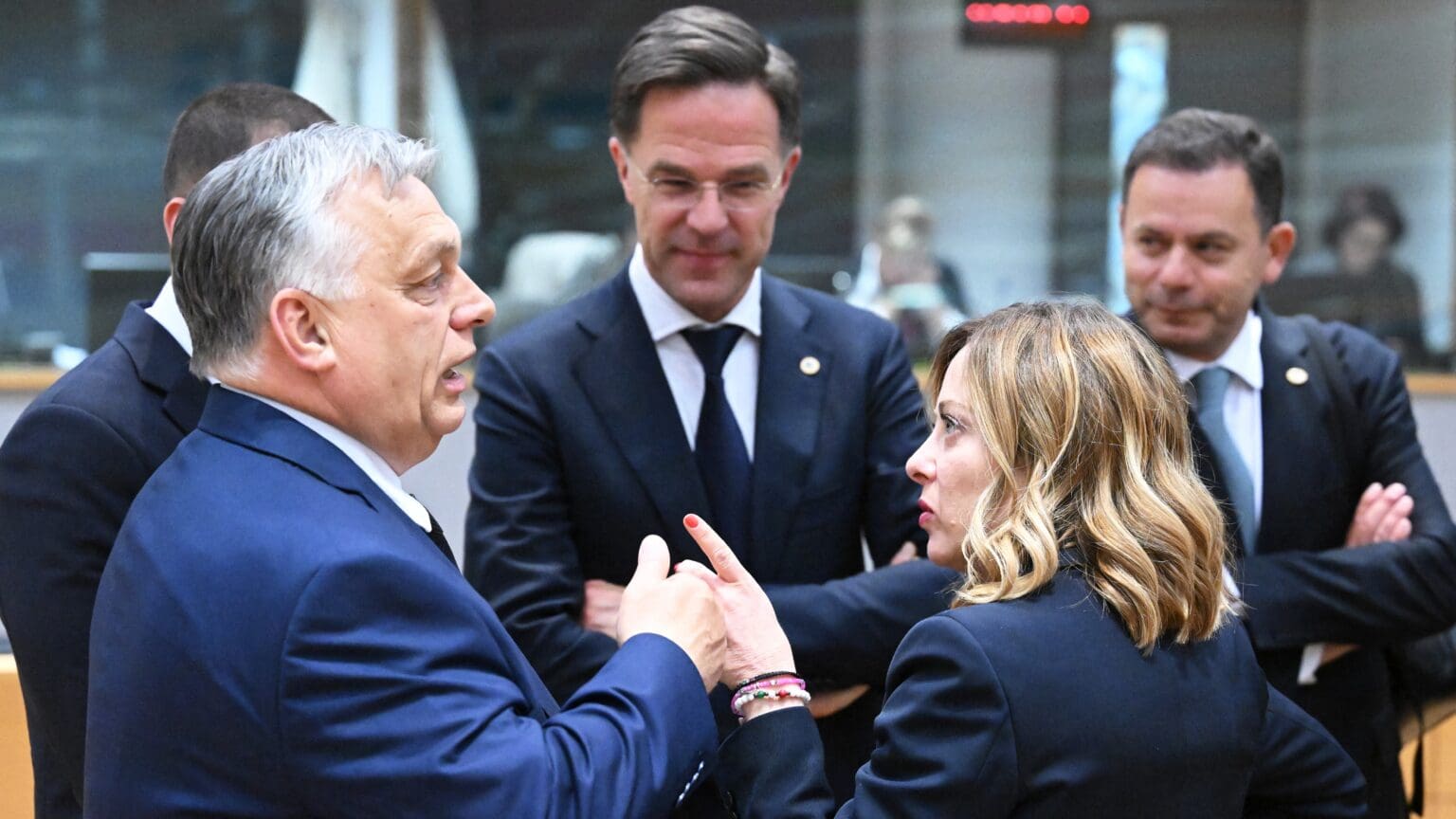
Speaking to Hungarian journalists the day after an informal working dinner of EU leaders, Balázs Orbán pointed out that European voters made one thing clear in the European Parliament elections: they are not satisfied with the direction Europe has taken in the past five years, and they are not satisfied with the policies of Brussels bureaucrats and elites.
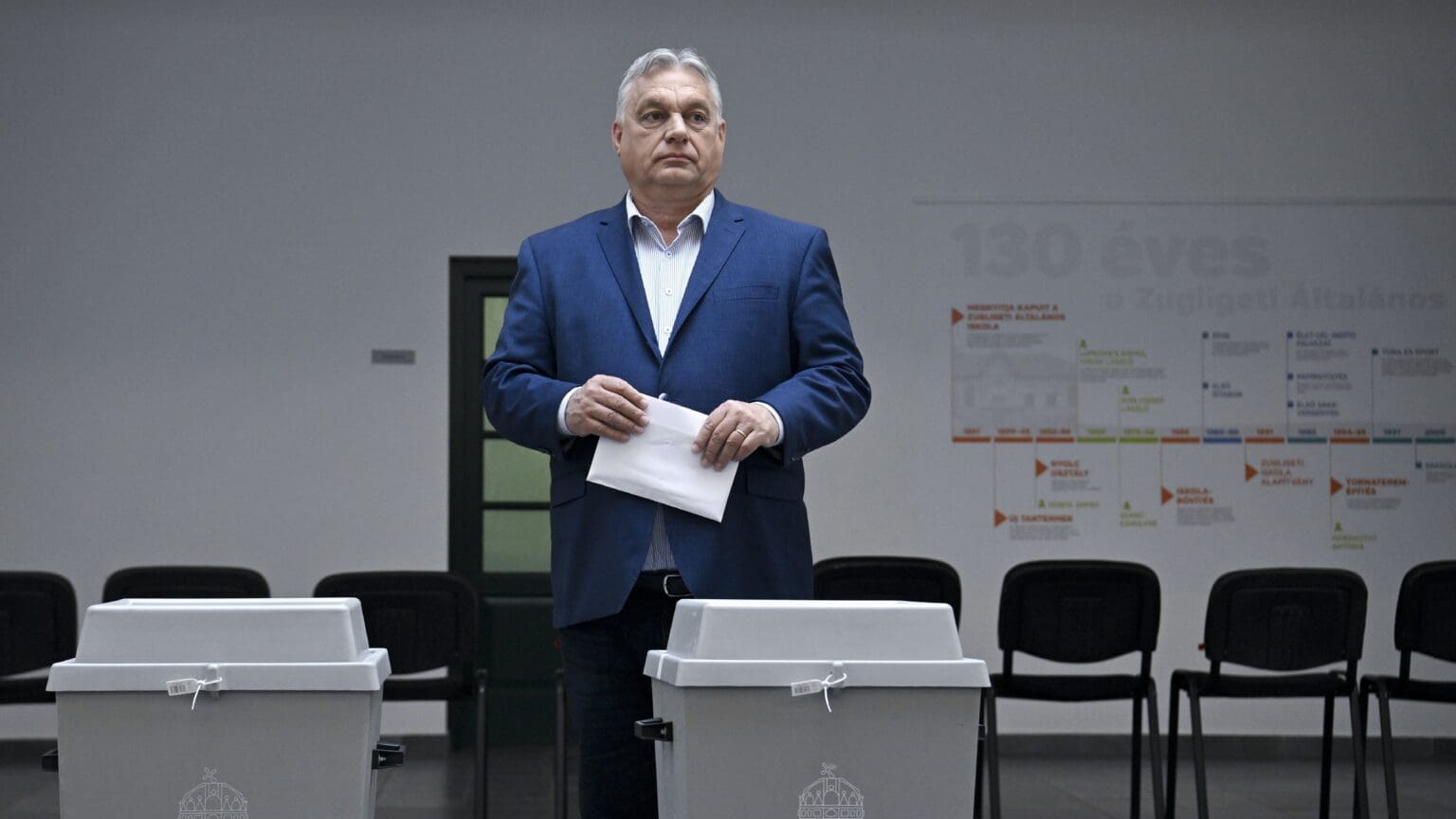
‘These frustrated, single thirtysomethings, who were hit hard financially in the last two years, are angrier than ever about the government’s distribution of money to families. Of course, catering to childless single adults in a rapidly developing country where population decline is the biggest challenge is not smart as a matter of national strategy. But it could cost an election victory. Therefore, in my opinion, a strategic political decision may be required: to sacrifice some of the resources and channel funding to single adults as well, to allow conservative forces to remain in power, which would still be far more supportive of families and the nation than liberal forces.’

The new law was adopted on Tuesday, with restrictions coming into force in Hungarian schools as of 1 September. The legislation has created a unified regulation regarding items that cannot be brought onto school premises and those that can be brought in but whose use is restricted. The range of items in question will be regulated by a subsequent decree, but the law primarily concerns smart devices and mobile phones.
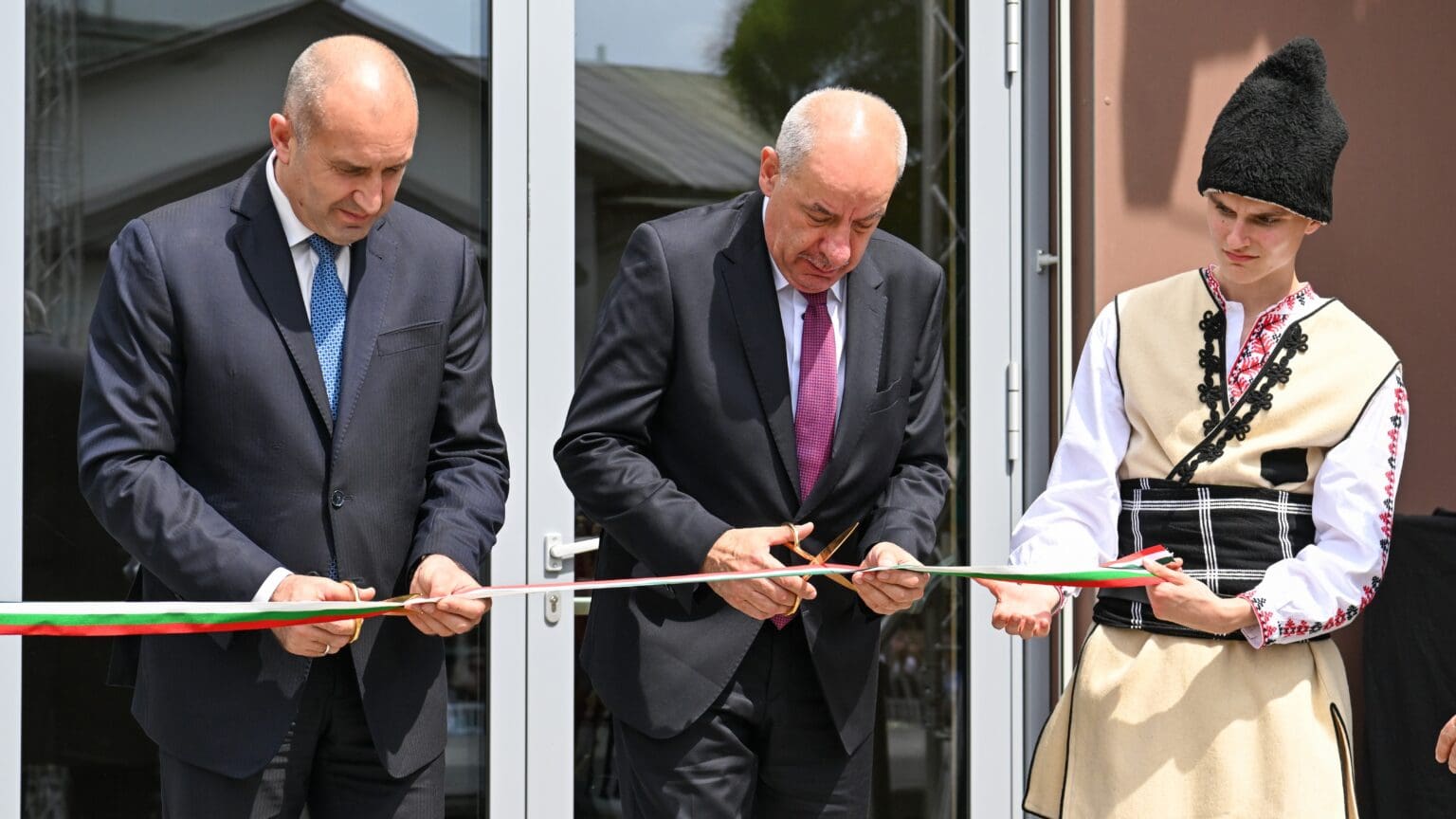
On 27 May 2024 the Bulgarian President paid a visit to the Hungarian capital to meet with the President of Hungary, Tamás Sulyok, and Hungarian Prime Minister Viktor Orbán. These meetings have resulted in the commitment of both sides to develop economic and cultural cooperation, keep the current arrangement in natural gas transit from Bulgaria, and the support for the Hungarian agenda for its upcoming presidency over the Council of the European Union.
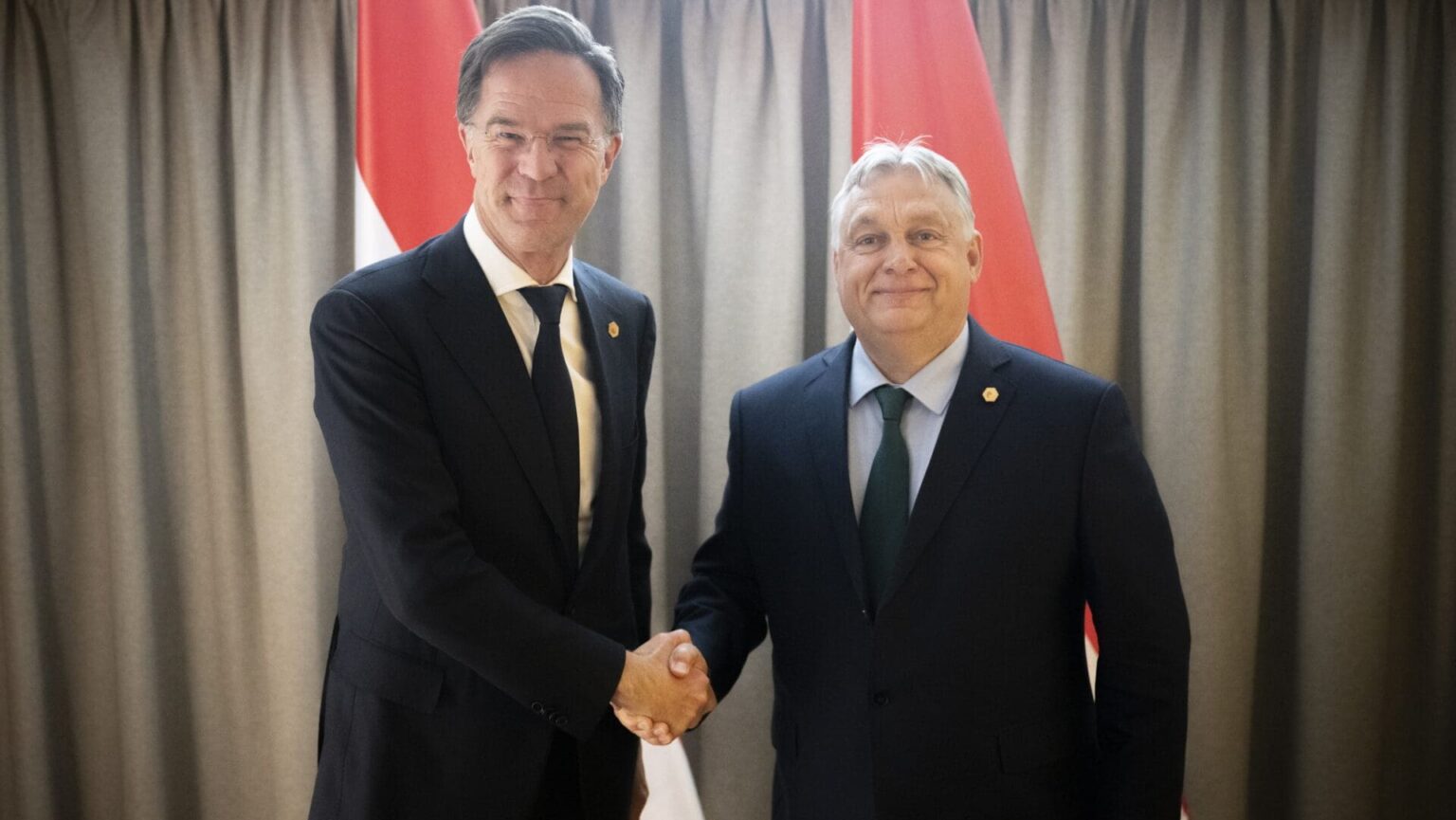
Orbán seems to have reached a compromise with exiting Dutch PM Mark Rutte about the latter’s NATO SecGen candidacy. But as for nominating von der Leyen again as next Commission President, Orbán, did not mince his words last night. He declared on X that ‘the will of the European people was ignored’ on Monday evening, and stated that the EPP eventually teamed up with ‘the socialists and the liberals’.
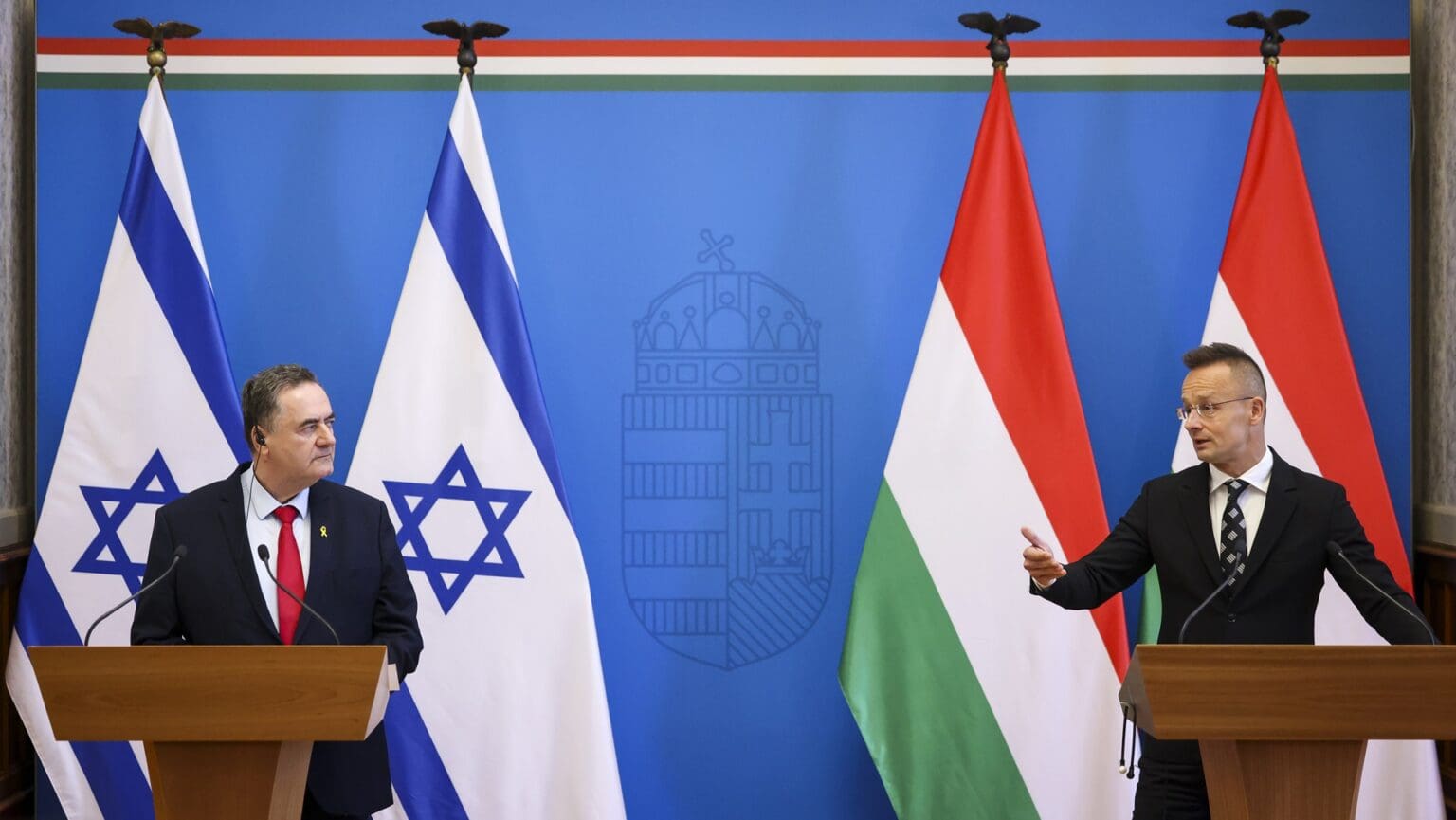
Péter Szijjártó held a joint press conference with his Israeli counterpart Israel Katz this Monday, where they discussed the horrific attack on Israel by the terrorist group Hamas on 7 October 2023, as well as the subsequent increase in antisemitism in the West.
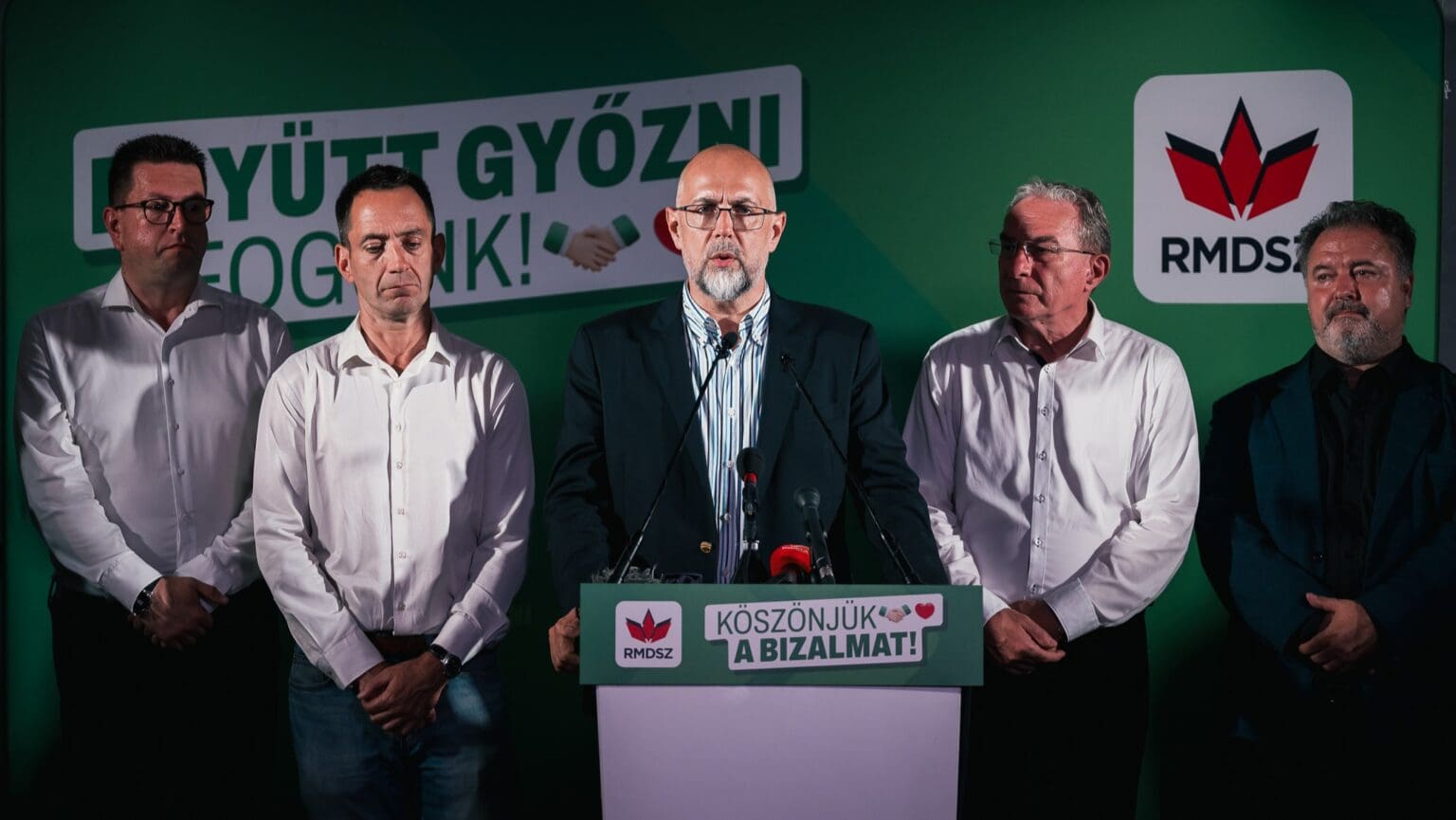
The 9 June, Sunday European Parliament and municipal elections in Romania resulted in a historical success for the Hungarian ethnic minority, with the best results achieved in twenty years. As RMDSZ President Hunor Kelemen put it, the mandates RMDSZ won are not just numbers; they also send the message that there is a strong, viable Transylvanian Hungarian community that wants to shape its own future and plans on staying in its homeland.
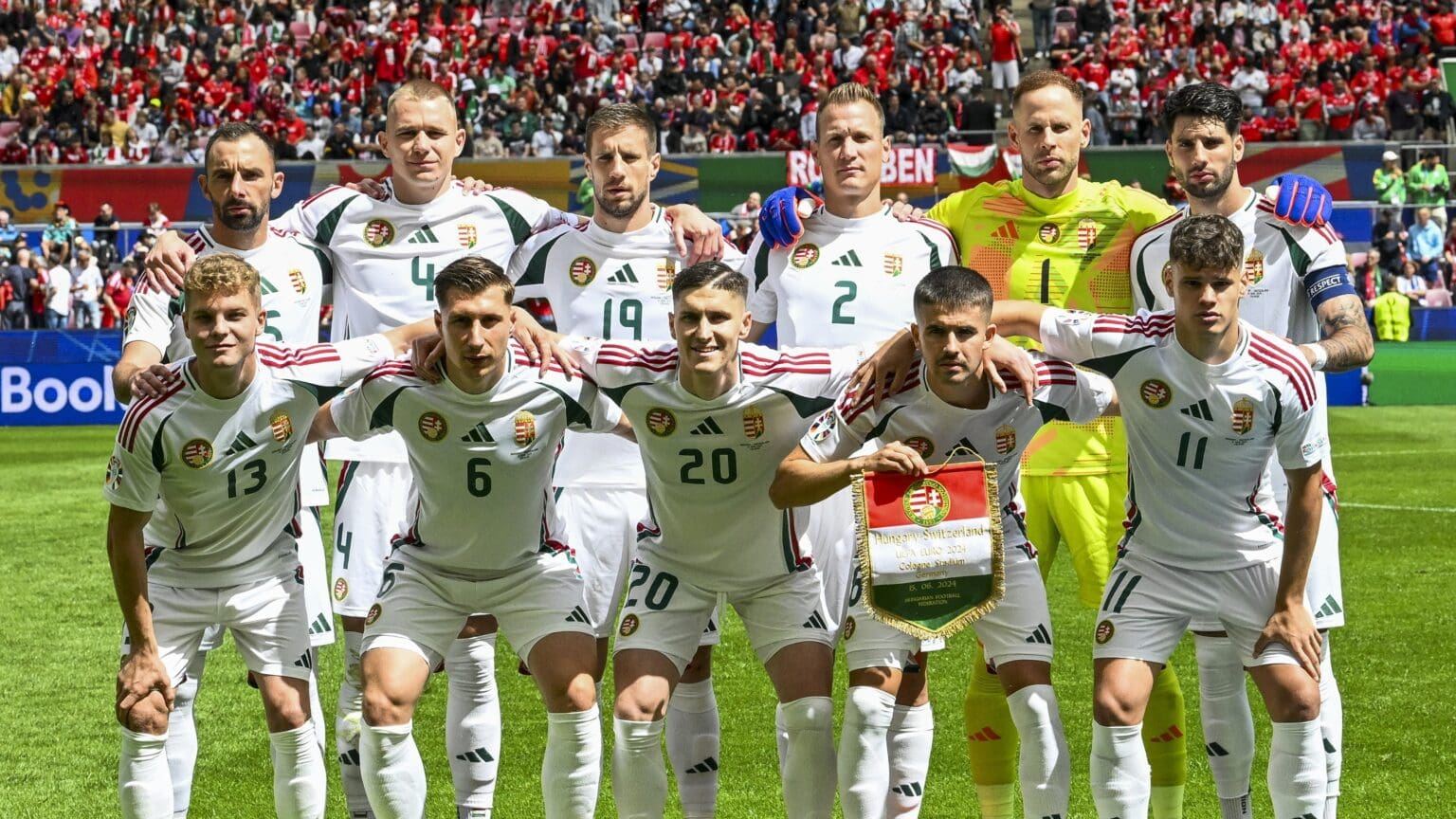
Although the outcome was not what Hungarian fans had hoped for, the national team’s first group match against Switzerland at the tournament in Germany was still exceptionally popular.
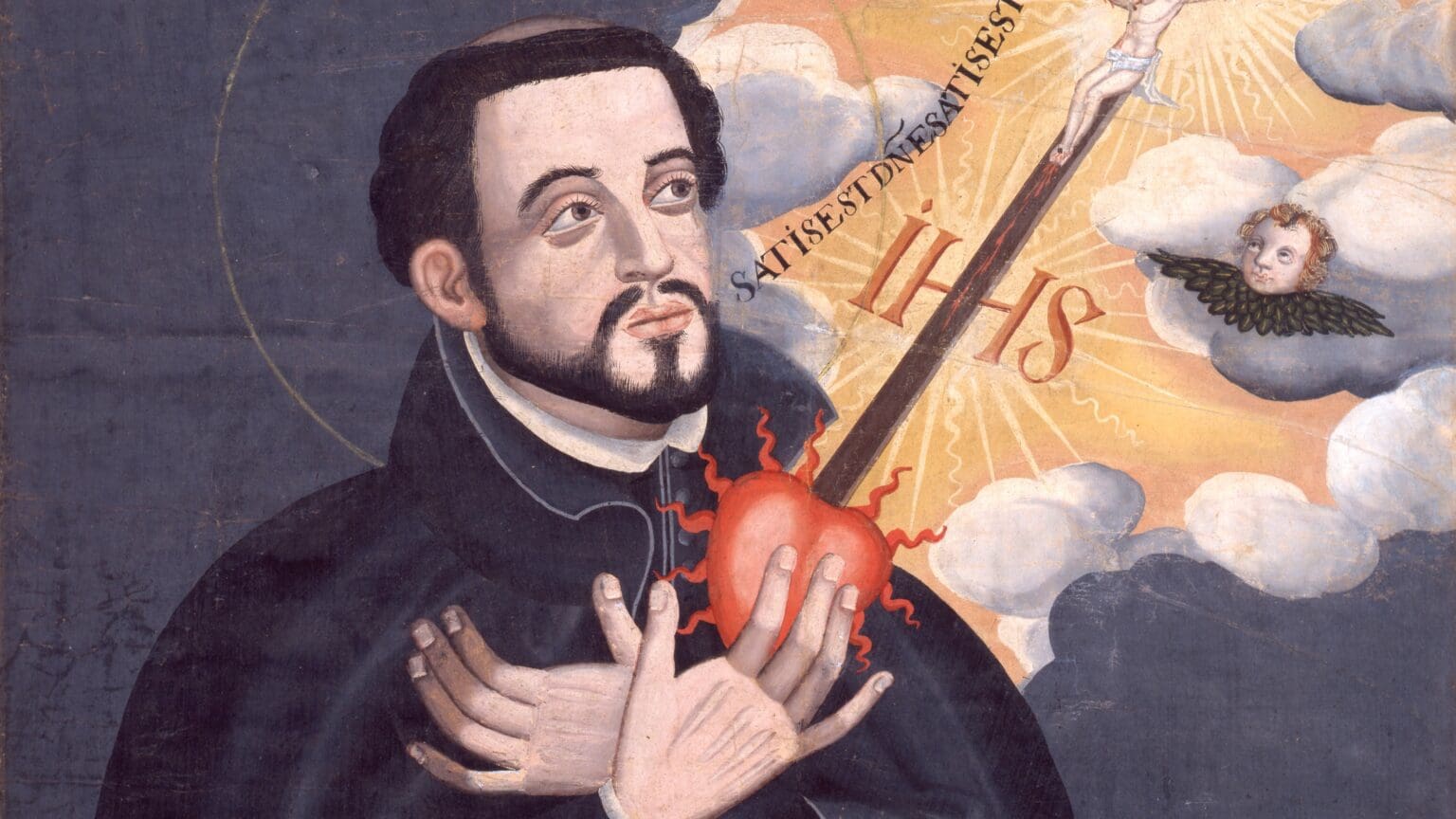
In the 16th century, the Jesuits took control of the higher education in Europe to properly instruct laymen not just in the tenets of the faith, but in other utilitarian subjects, such as mathematics and astronomy. Aligning with absolute monarchs who only sought to enrich their fiefdoms through colonization, the Jesuits, like St. Francis Xavier (1506-1552) and Matteo Ricci (1552-1610) expressed and lived out their voluntarist ideal by undertaking some of the most inconceivable missionary endeavors.
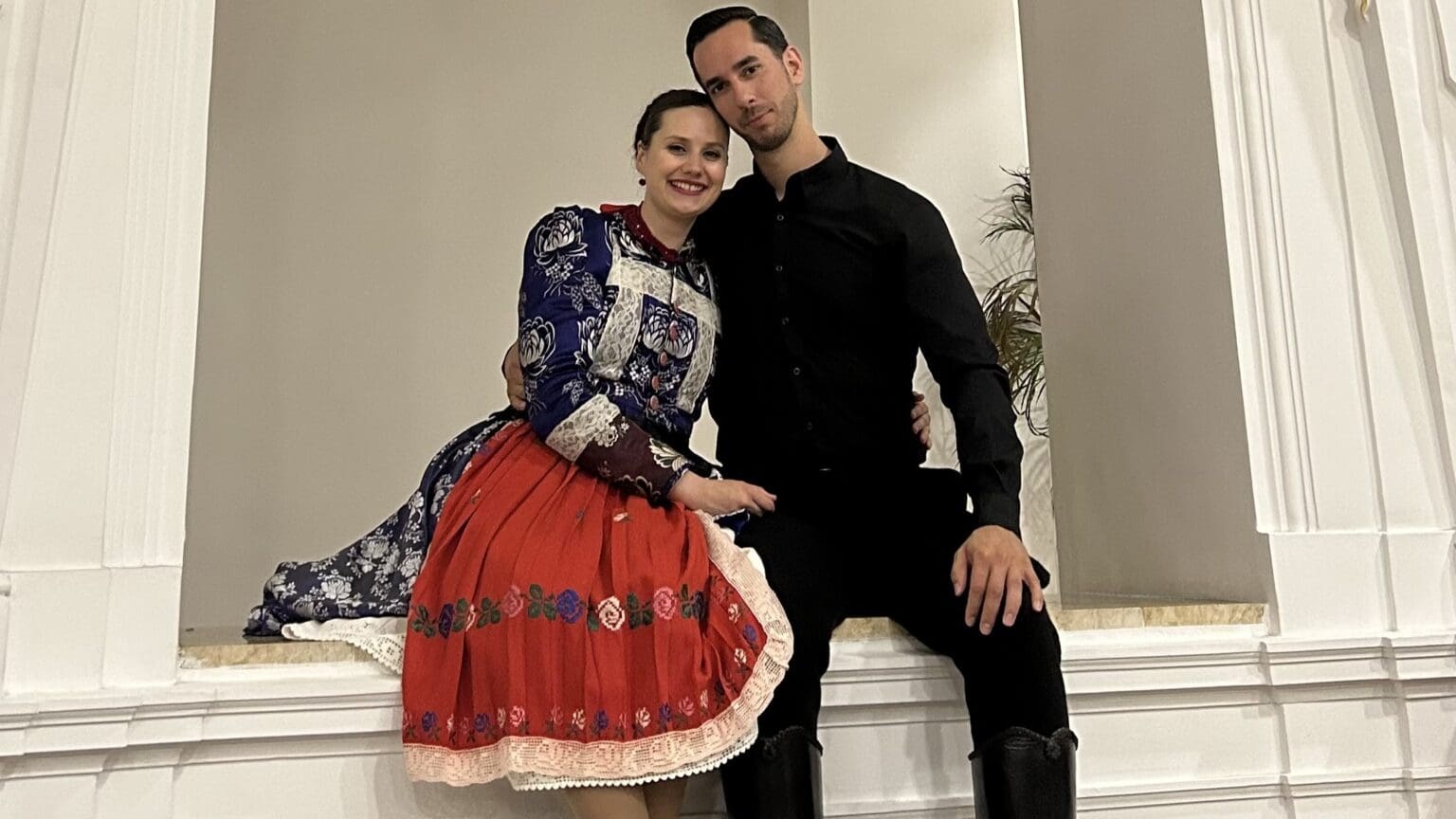
Lili Balogh and István Dániel Molnár of the Angyalföld Vadrózsa Dance Ensemble came to the United States as Kőrösi Csoma Program scholars to teach Hungarian folk dancing in New Brunswick, New Jersey. We spoke with the young Hungarian couple, now engaged to each other, about their motivation, their goals and their US experiences.

Ulsan HD and Hungarian National Team striker Martin Ádám has become the focus of international attention for his unusual physique after his brief appearance against Switzerland at Euro 2024. Thankfully, he has accepted his status in good humour, saying that he ‘usually gets a good laugh’ when he sees some of the memes about him.
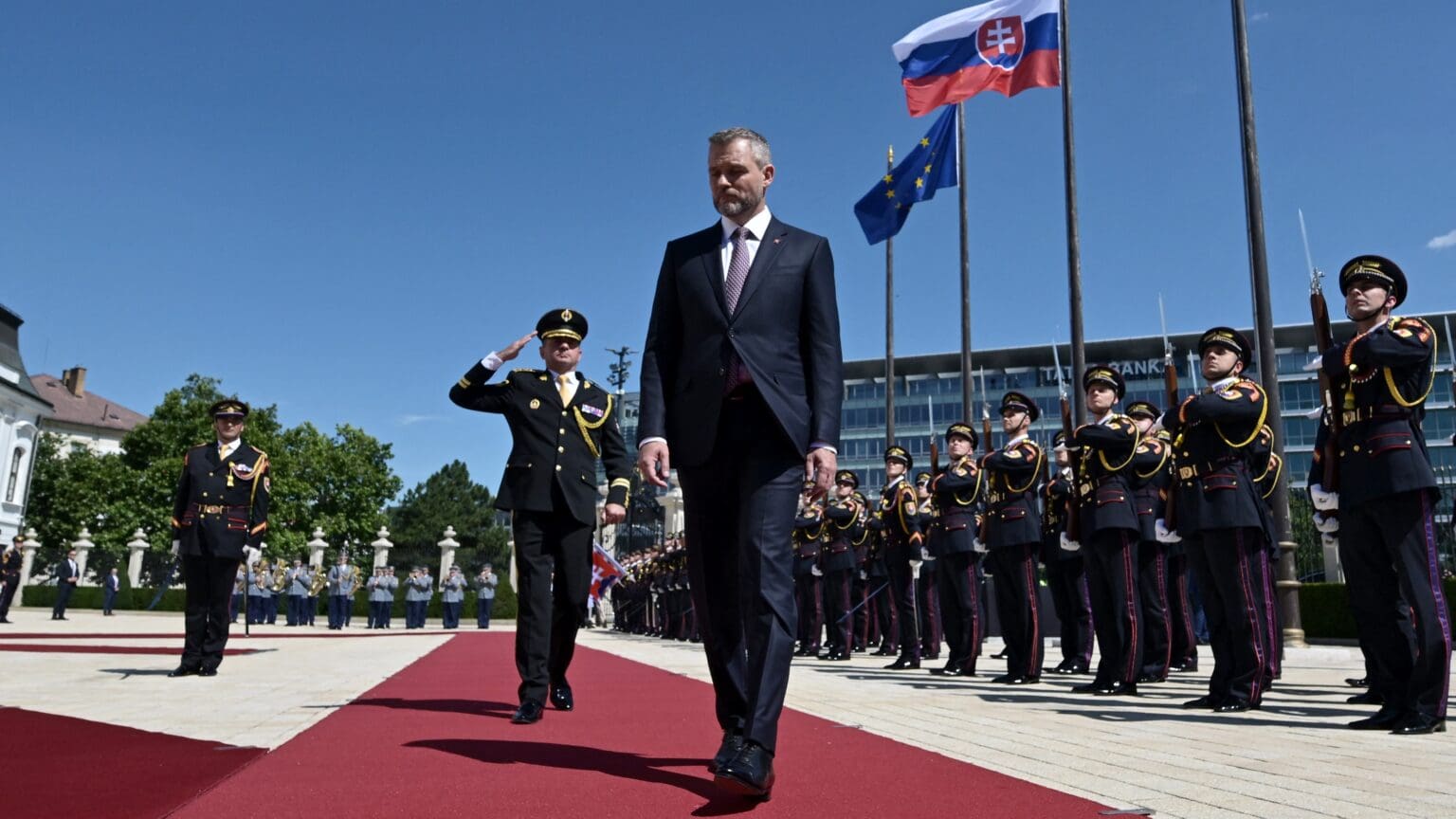
Slovakia’s newly elected president, Peter Pellegrini (49), was inaugurated on Saturday, 15 June in Bratislava. This historical moment is not simply a change of guard but, after the 2023 parliamentary elections, it is the last step in a significant shift in the country’s political landscape, stirring anticipation and hope for a patriotic future in Central Europe.

The New York Times published a profile piece on Hungarian hip hop superstar Attila Baukó, better known by his stage name Azahriah. As the article points out, even Prime Minister Viktor Orbán has claimed to be a fan of the popular artist, despite his conservative views being at odds with some of the themes in Azahriah’s music.
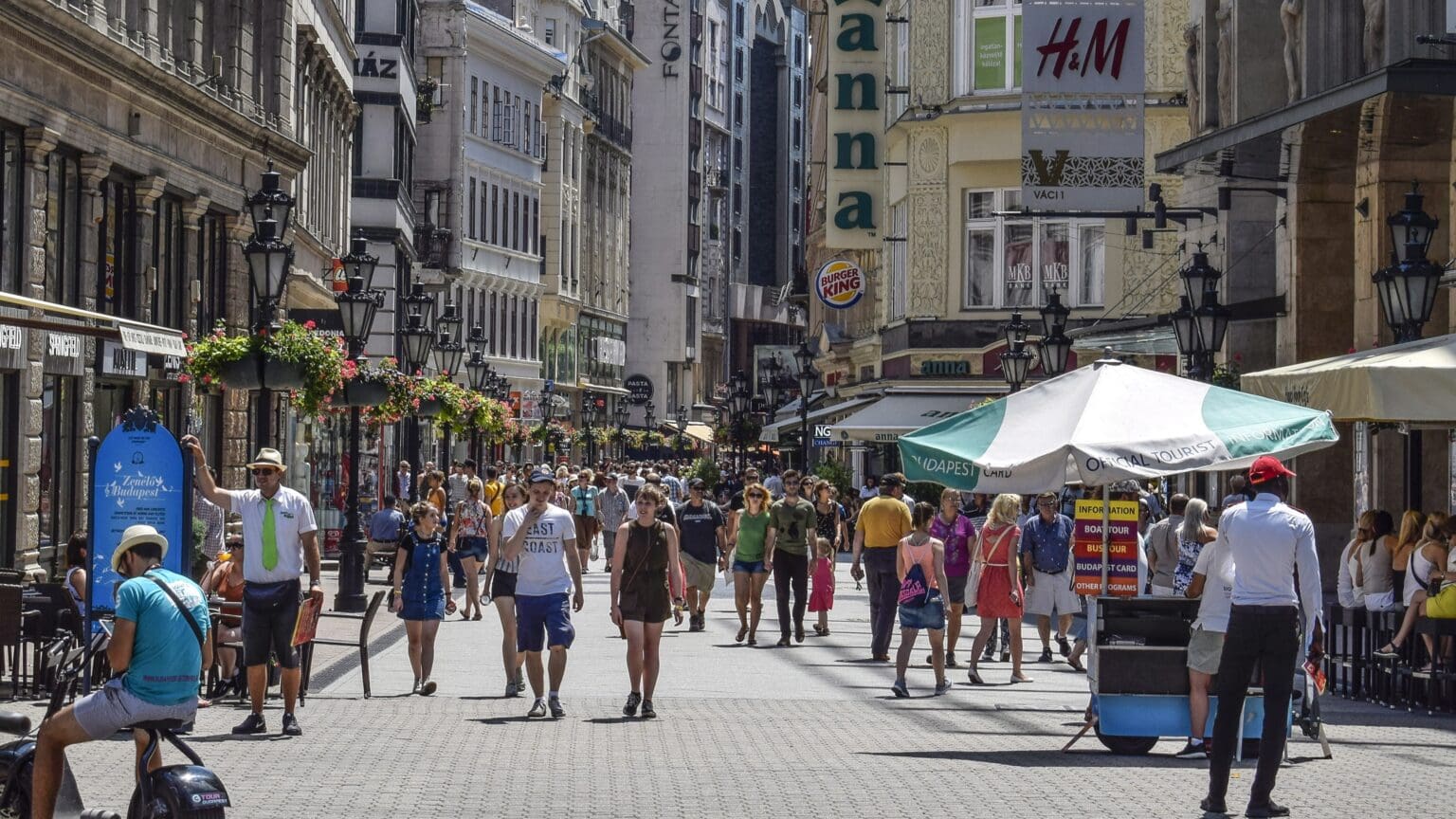
Last year, the rental prices for centrally located properties in Budapest increased by 17 per cent compared to 2022, placing the Hungarian capital in the mid-range among EU capitals. The survey examined the rental prices of flats typically used by expatriates, that is, the prices of well-maintained, well-equipped central apartments, either built or significantly modernized in the past ten years.
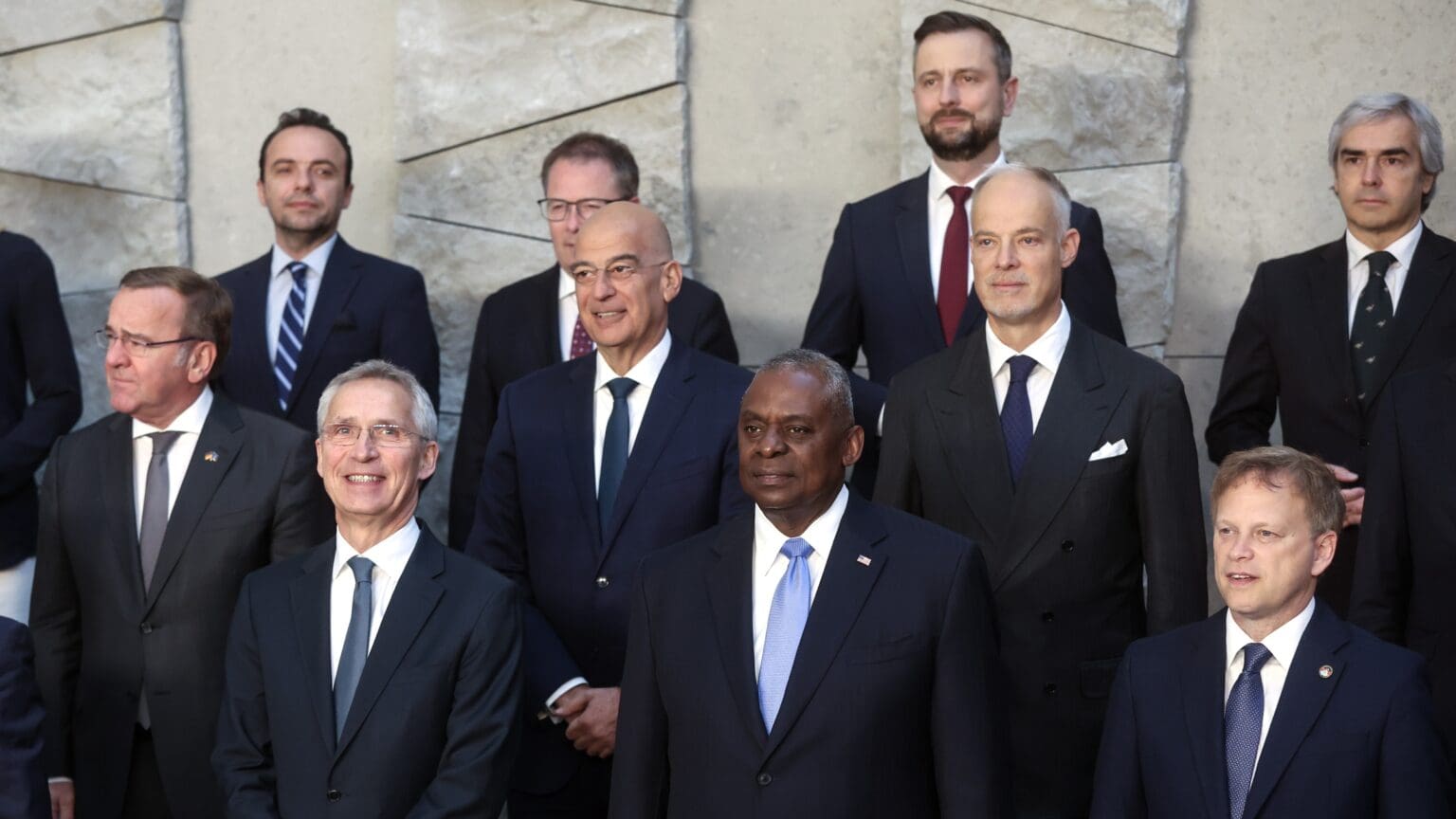
‘Hungary is not providing money, weapons or soldiers for this cooperation, but it is not blocking it either’, the defence minister reaffirmed after the NATO ministerial meeting in Brussels last week.
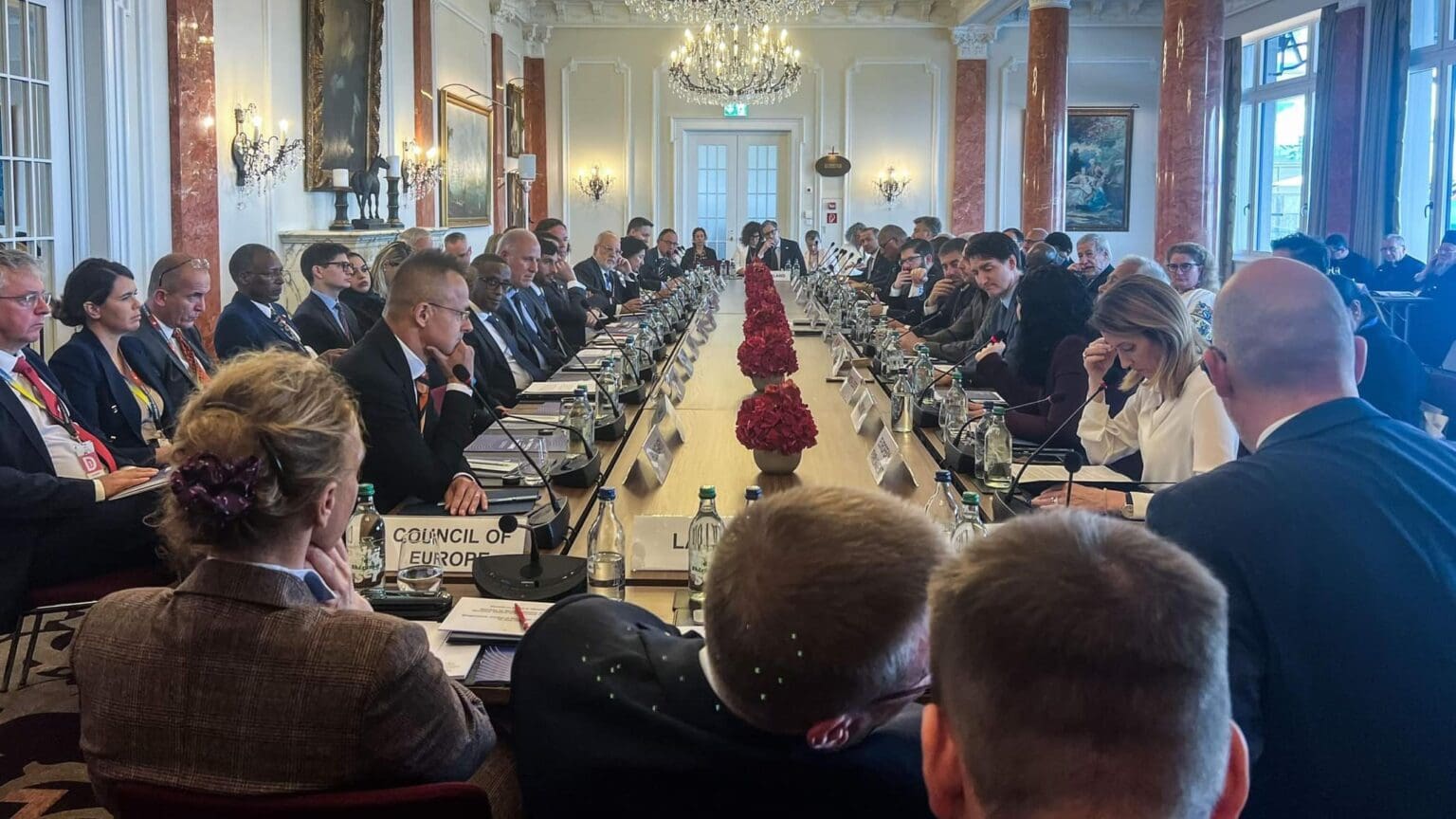
According to a statement from the Hungarian Ministry of Foreign Affairs and Trade, at the Ukraine peace summit on Sunday Szijjártó highlighted that he represents a neighbouring country to Ukraine, one that has lived in the shadow of war for nearly two and a half years, and has directly faced the humanitarian consequences of the conflict.
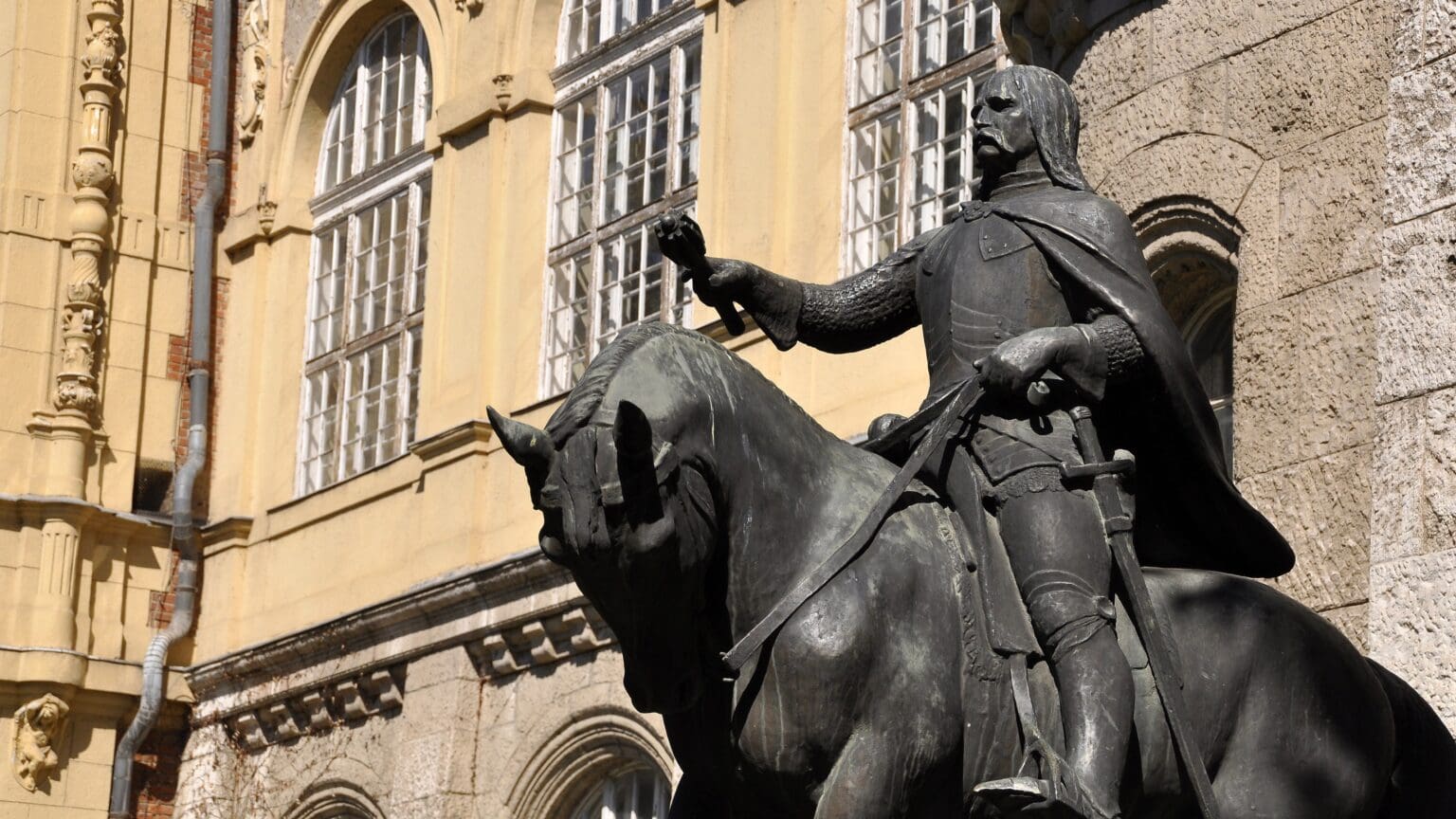
The preparatory work lasted three years, while the filming took one year. Director Orsi Nagypál mentioned that reading the foundational novels written by Hungarian contemporary author Mór Bán on the 15th century military leader John Hunyadi, known as the Turk-buster, allowed her to work more authentically and portray the characters’ living conditions and customs more vividly.
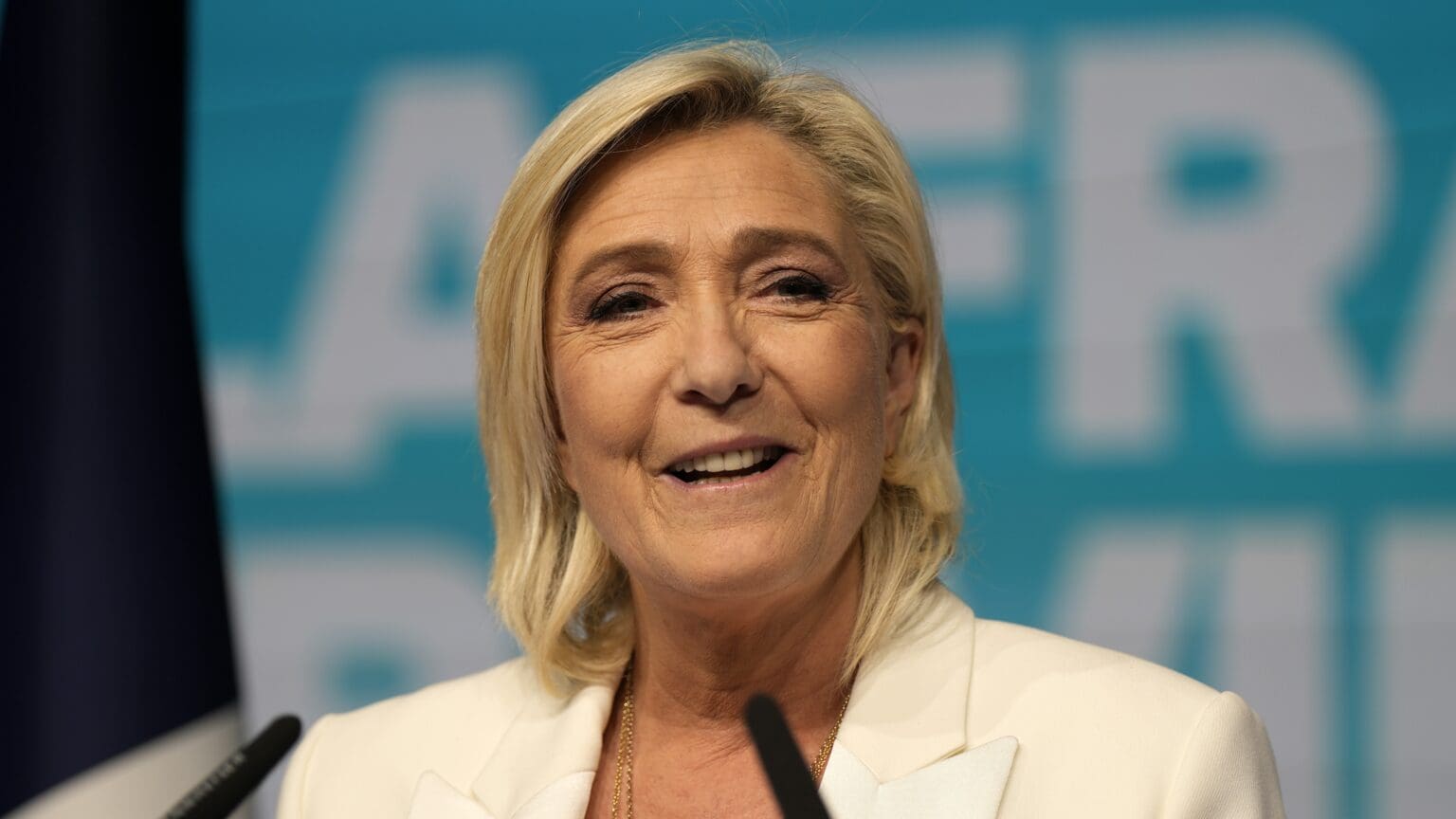
‘The worst thing that can happen right now in France is the disunity of the right-wing parties, because if they stand united, they really have the best opportunity ever to change the course. It is not going to be an easy task, after a forty-year inaction in which even bringing up the issue of illegal immigration and insecurity was outright branded as extreme right-wing rhetoric. Albeit this is still happening, it is having less and less effect on a large part of the right-wing electorate, as they have got used to the labelling, and now even mock it.’